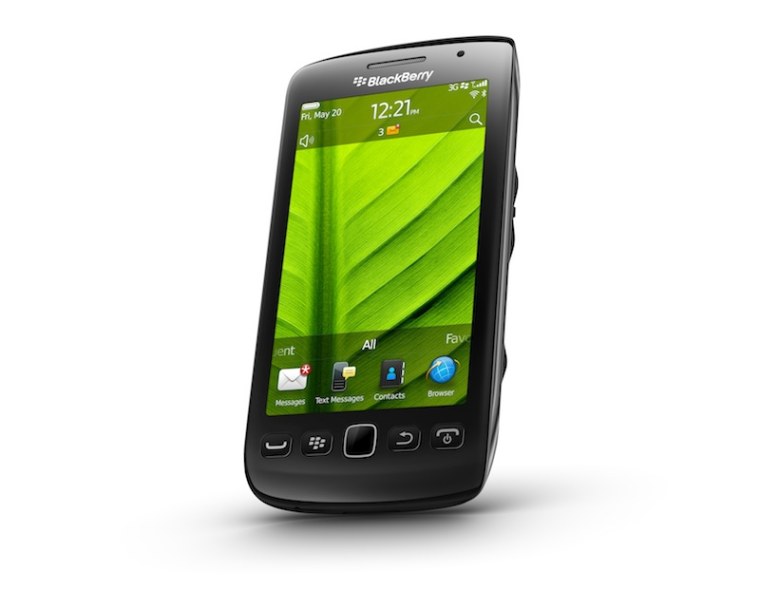Research In Motion Ltd. on Wednesday unveiled five new BlackBerry phones with touch screens, as it hopes to revive the line's dwindling appeal in the face of competition from the iPhone and Android smartphones.
The new phones had been expected earlier this year, but were delayed. Though the company is profitable and seeing growing sales, it is increasingly seen as a has-been that missed the chance to parlay the BlackBerry's popularity as a corporate email device into mass-market dominance.
The Canadian company, which is based in Waterloo, Ontario, is updating its high-end Bold models to include touch screens. It's also launching two Torch models with big screens but no physical keyboards, mimicking the basic design of the iPhone.
RIM launched a keyboard-less touch-screen phone called the Storm in 2008, more than a year after the first iPhone, but the Storm's quirky design and poor software made it a flop.
"The 'all-touchscreen' Torch has been a while coming as a natural successor to the disappointing Storm, particularly when the smartphone market has gone touchscreen mad over the past 18 months," said Malik Saadi, an analyst at Informa.
The phones run a new version of the BlackBerry operating system, which RIM says is much faster, particularly for Web browsing.
AT&T Inc. said it would launch a Torch model with a physical keyboard this month, and the all-touch Torch and a Bold model later this year. It didn't announce prices.
RIM's stock rose 82 cents, or 3.4 percent, to $24.97 in morning trading Wednesday, bouncing off a five-year low of $24.10 hit Tuesday.
The Bold models will be the first BlackBerrys to include so-called Near-Field Communications chips, so they can be used in place of credit cards by swiping them across properly equipped payment terminals. Many companies, including cellphone carriers like AT&T and Web companies like Google Inc. are promoting the idea of using phones as digital "wallets."
